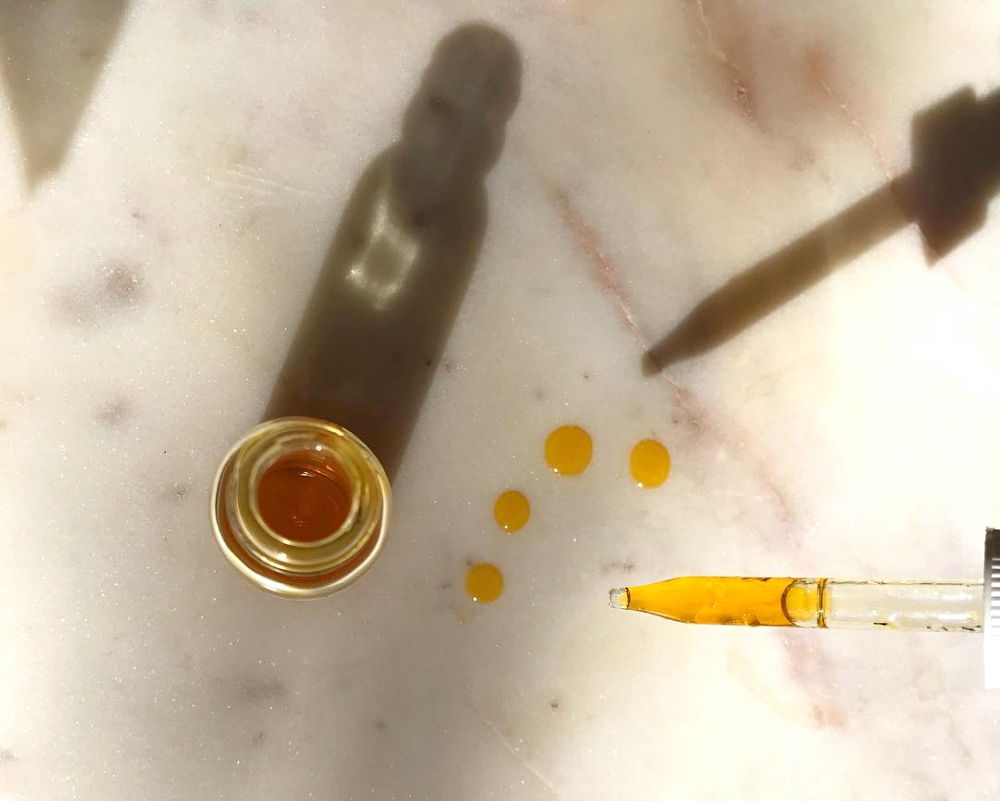You probably know that natural oils are good, and organic oils even better. Maybe you also know how important it is for oils to be cold-pressed so they don’t lose any of their nutrients. But we believe they should also be low in polyunsaturated fats (PUFA).
So what the heck is a PUFA, and how does it relate to your skin health?
Polyunsaturated fatty acids (PUFA)
All fats are comprised of 3 types of fatty acids: saturated (SFA), monounsaturated (MUFA) and polyunsaturated (PUFA).
Polyunsaturated fats (PUFAs), are problematic due to an unstable hydrogen bond. This chemical instability makes them highly prone to oxidation. Oxidation produces free radicals which cause our cells to age. The more PUFAs we eat or apply to our bodies, the more susceptible we are to inflammation and free radical damage. Inflammation also affects our metabolic system by suppressing thyroid health. Other issues related to PUFAs may include reduced immunity, insomnia, learning difficulties and premature aging, just to name a few.
Oils may be natural, organic and even cold-pressed, but if they’re high in PUFA, they could potentially be aging your skin and causing long-term damage to skin and health. The most common high-PUFA oils include safflower, soy, grapeseed, sunflower, linseed (flax), hemp, rosehip, argan, borage, evening primrose, almond, pomegranate, etc.
These high-PUFA oils are extracted from seeds through a complicated industrial process involving hydraulic presses, high heat and extreme pressure – all things which cause oxidation. In contrast to, say, olive oil, which involves a far simpler and more traditional technique. Or tamanu oil, which is a gentle and slow process with ancient origins. Or coconut oil, which is made up of 90% saturated fat, aka: super stable and far less prone to oxidation. Plus, oils that are lower in PUFAs have longer shelf lives, which is another factor.
There are ways to gently process oils so that oxidation doesn’t occur. But you have to remember that our bodies are warm, perhaps warm. Also, if you keep your products in a warm bathroom or windowsill, in direct sunlight, etc., then even a gently-process high-PUFA oil can begin to oxidize.

What Goes On Goes In
Research tells us that whatever we apply topically to our bodies is absorbed and metabolized by our cells. Therefore, Wyld is committed to offering low PUFA products by prioritizing saturated and monounsaturated fats. And we never use oils that contain more than 10% polyunsaturated fats. It’s just not worth it.
We are not here to create more free radical damage, metabolic stress and inflammation. We’re getting enough of this already from pollution, constant stress, processed foods and other byproducts of 21st century life. Our products may be a bit more expensive for this reason, but why create cheaper products that achieve exactly the opposite of what you buy them for? Personally, we don’t want to use them. So we don’t make them either.
This explains why our products contain no seed oils, even trendy ones like rosehip and sea buckthorn, argan and hemp. And why we avoid cheap oils like sunflower, safflower, sesame, soy, etc.
We still love and use ingredients like rosehips and sea buckthorn though! In fact, we use the entire plant by foraging the wild fruits from Swedish nature and infusing them into rich low-PUFA oils, taking advantage of their whole nutrients. This is, we believe, how nature intended us to utilize them. And this is how we ensure that our processes remain as sustainable and high-quality as possible.
So What Are Our Favorite Oils?
I have a whole post that focusing on just this! Check it out: Our Favorite Oils for Skin Health, where I share why and how I choose oils.

